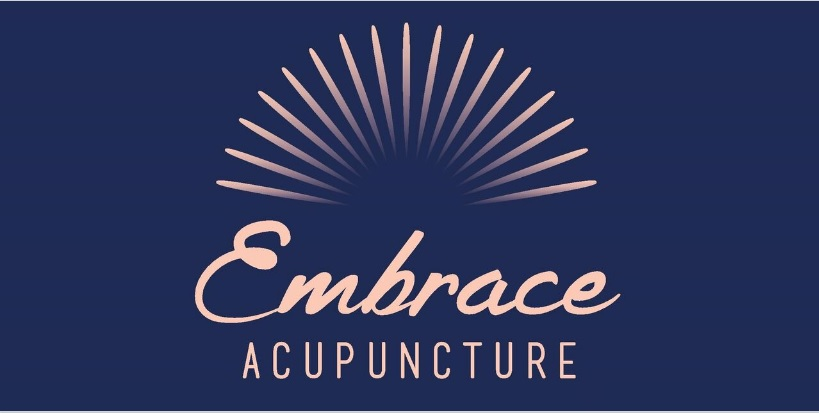How staying hydrated helps allergies, hormones, pain and more!
Do you struggle to be truly hydrated?
No matter how much water you drink (or try to!) it just doesn’t seem to quite cut it?
Luckily there’s more you can do than carrying (or forgetting) that drink bottle everywhere.
So why is it important and what are some tips?
Why is hydration crucial for the body?
From the lens of Chinese Medicine, the fluids we ingest are ‘received’ by the Stomach before undergoing further processes of refinement.
A portion of these circulate upward to the face to moisten our ears, eyes, mouth and nasal passages to help them function well and move outward to provide nourishment to the musculature, skin and to act as sweat.
A secondary portion of our ingested fluids combine with good fats to provide us with healthy hormones, to nourish our reproductive organs and their various fluids, while also supplementing other important substances like cerebrospinal and synovial fluids.
This means that hydration is crucial to consider when it comes to issues such as those that affect our senses like hay fever, dry or irritated eyes or sinuses, musculature health and recovery from injury, immunity, skin, hormonal imbalances and reproductive health.
Luckily there’s a range of things we can do to support it!
1. Warm, wet meals are key
Soups, stews, porridges... you name it. These ‘water-soaked’ foods carry water content deeper into the digestive tract where it is absorbed more slowly throughout the day, acting as a ‘time-released’ form of hydration.
Generally, drinking water throughout the daytime is often processed much faster and higher up in the digestive tract as it gets diverted away from here once its catches up to any food we’re usually already digesting.
A warm, wet meal for or part of your breakfast is the perfect way to set yourself up for the day with better hydration and health!
2. Warm water
Ditch the ice cubes! Our internal body temperature is pretty warm - consuming cold food or
drinks can shock our digestive system and make it work overtime in order to heat this up to an appropriate temperature to absorb.
First thing in the morning (before any food) is an ideal time to drink a glass of warm water, as our digestive tract is empty and fluids can be
received much deeper along its pathway.
3. Feed your water
While filtered water helps to remove any toxins, we also need to return some nutrition to our water - just like it has in its natural state. This can be in the form of trace minerals/electrolytes (some water filters may already provide this). These contain natural substances that help us to best absorb water into the body - liquids such as bone broth naturally contain these nutrients.
And at a pinch - add a pinch of quality salt into your glass of warm water!
4. Lay off the heat
Watch your intake of hot or overly drying foods and spices such as chilli, garlic, paprika, dried ginger, alcohol as well as caffeine.
Take note of your cooking methods too - how much toasting & roasting, frying & drying are you doing?
5. Support your fluid metabolism
Gentle exercise, especially walking, helps stimulate the lymphatic system that assists in
transporting fluids. So take a little spin around the room if you’re simply sipping from your
drink bottle at a desk all day. Take note if you feel you’re avoiding consuming water (or breakfast) because it sits funny in your stomach (or even makes you feel nauseous);
or if you drink a lot of water but still find you’re thirsty.
If you’re seeking extra support, come chat to us - personalised
treatments can help you to digest and absorb fluids better; reduce heat that’s consuming
them; or strengthen circulation and digestion.
Find a time that suits you below!



